How Therapy Addresses Intimacy Issues in Recovery?
Recovery from addiction represents one of life’s most challenging yet rewarding journeys. While many focus on overcoming substance dependence, there’s another critical aspect that often gets overlooked: rebuilding intimate connections with loved ones. The path to sobriety doesn’t just heal the body and mind—it opens the door to profound relationship transformation through specialized therapeutic intervention.
At Couples Rehabs in San Diego, we’ve witnessed countless individuals and couples rediscover the joy of authentic intimacy after addiction. Through our comprehensive approach to relationship healing, we understand that addressing intimacy concerns requires more than traditional addiction treatment. It demands specialized therapeutic modalities that acknowledge the complex interplay between substance abuse recovery and emotional connection.
The statistics are sobering yet hopeful. Research indicates that over 70% of individuals in recovery report significant intimacy challenges during their first year of sobriety. However, those who engage in targeted therapeutic interventions show remarkable improvement, with success rates exceeding 80% when couples commit to evidence-based treatment approaches. This isn’t just about romantic relationships—it encompasses the full spectrum of intimate connections, including family bonds, friendships, and the most important relationship of all: the one with yourself.
Understanding the Connection Between Addiction and Intimacy Challenges
Addiction doesn’t occur in isolation. It weaves itself into every aspect of a person’s life, fundamentally altering how they connect with others and themselves. The neurochemical changes caused by substance abuse directly impact the brain’s reward system, making it difficult to experience pleasure and satisfaction through natural, healthy interactions.
The Neurological Impact of Substance Abuse on Intimate Connections
When someone struggles with addiction, their brain’s reward pathways become hijacked by substances rather than meaningful human connections. Dopamine receptors, which normally respond to loving touch, emotional intimacy, and shared experiences, become desensitized. This creates a biological barrier to experiencing genuine closeness with others.
Dr. Helen Fisher’s groundbreaking research on love and attachment reveals that addiction literally rewires the brain’s capacity for intimate bonding. The prefrontal cortex, responsible for decision-making and emotional regulation, becomes compromised. This explains why many individuals in early recovery feel emotionally numb or struggle to express genuine affection toward their partners.
Additionally, the stress hormone cortisol remains elevated during active addiction and early recovery. High cortisol levels suppress oxytocin production—the hormone responsible for bonding, trust, and intimate connection. This biological reality means that rebuilding intimacy requires more than willpower; it demands professional therapeutic intervention to help the brain heal and relearn healthy connection patterns.
Common Intimacy Issues Faced During Recovery
Recovery brings unique challenges that can strain even the strongest relationships. Many individuals experience what we call “emotional sobriety”—the ability to manage feelings without substances. This process often reveals intimacy issues that were previously masked by drug or alcohol use.
Fear of vulnerability tops the list of common concerns. After years of using substances to cope with difficult emotions, many people in recovery feel terrified of genuine emotional exposure. They worry about being judged, rejected, or hurt by those they love most.
Trust issues create another significant barrier. Partners may struggle to believe that recovery will last, while individuals in recovery may doubt their own ability to maintain sobriety. This mutual uncertainty creates distance and tension that requires careful therapeutic navigation.
Sexual dysfunction frequently emerges as substances that once enhanced or numbed sexual experiences are removed from the equation. Many couples find themselves needing to rediscover physical intimacy without chemical assistance, which can feel awkward and challenging.
Communication patterns developed during active addiction often persist into recovery. These may include avoidance, manipulation, or explosive conflict styles that prevent genuine intimacy from flourishing.
Evidence-Based Therapeutic Approaches for Intimacy Recovery
Modern therapeutic approaches recognize that intimacy recovery requires specialized intervention tailored to the unique needs of individuals and couples in recovery. At Couples Rehabs, we employ multiple evidence-based modalities to address these complex challenges.
Couples Therapy for Intimacy After Substance Abuse
Couples therapy specifically designed for addiction recovery addresses the unique dynamics that emerge when one or both partners have struggled with substance abuse. The Gottman Method, adapted for addiction recovery, focuses on building friendship, managing conflict constructively, and creating shared meaning.
During couples therapy sessions, partners learn to navigate the delicate balance between supporting recovery while maintaining healthy boundaries. We teach communication techniques that honor both partners’ needs while fostering genuine emotional connection.
One powerful technique involves “intimacy mapping,” where couples identify specific areas where addiction has impacted their connection and create concrete steps for healing. This might include rebuilding sexual intimacy gradually, establishing new rituals of connection, or learning to express appreciation and affection in ways that feel authentic to both partners.
Research from the Journal of Substance Abuse Treatment shows that couples who engage in specialized therapy during recovery have significantly higher long-term sobriety rates and relationship satisfaction scores compared to those who pursue individual treatment alone.
Individual Therapy for Fear of Intimacy in Sobriety
While couples work is crucial, individual therapy provides the foundation for healthy intimate relationships. Many people discover that their addiction masked deep-seated fears of intimacy that require individual exploration and healing.
Individual therapy sessions focus on identifying the root causes of intimacy fears. These often trace back to childhood attachment wounds, trauma experiences, or previous relationship betrayals. Through techniques like Eye Movement Desensitization and Reprocessing (EMDR) or Internal Family Systems (IFS) therapy, individuals can heal these underlying wounds.
We also address the phenomenon of “emotional adolescence” that many people experience in recovery. If someone began using substances during their teenage years, their emotional development may have been stunted. Individual therapy helps them develop mature emotional skills necessary for healthy adult relationships.
Trauma-Informed Therapy for Intimacy Issues Post-Addiction
Trauma and addiction frequently co-occur, creating complex layers of healing that must be addressed simultaneously. Trauma-informed therapy for intimacy issues recognizes that many intimacy fears stem from past traumatic experiences that require specialized intervention.
Post-traumatic stress can manifest as hypervigilance in relationships, difficulty trusting others, or physical reactions to intimate touch. Trauma-informed therapists understand these responses and use gentle, patient approaches to help individuals reclaim their capacity for safe, consensual intimacy.
Somatic therapy techniques prove particularly effective for trauma survivors, as they help individuals reconnect with their bodies in positive ways. This might include breathing exercises, progressive muscle relaxation, or movement therapy that helps restore a sense of safety and pleasure in physical experience.

Specialized Treatment Modalities for Intimate Relationship Healing
Different therapeutic approaches address various aspects of intimacy recovery, allowing for personalized treatment plans that meet each couple’s unique needs.
Cognitive Behavioral Therapy (CBT) for Intimacy Issues in Recovery
CBT helps individuals identify and change negative thought patterns that interfere with intimate connection. Many people in recovery carry beliefs like “I don’t deserve love” or “relationships always end badly” that become self-fulfilling prophecies.
Through CBT techniques, individuals learn to recognize these automatic thoughts and replace them with more balanced, realistic perspectives. They practice behavioral experiments that gradually increase their comfort with vulnerability and emotional expression.
Couples CBT focuses on identifying and changing dysfunctional relationship patterns. Partners learn to recognize their individual contributions to relationship problems and develop new, healthier ways of interacting.
Attachment Style Therapy for Intimacy Problems in Sobriety
Attachment theory provides a powerful framework for understanding intimacy challenges in recovery. Many individuals with addiction histories have insecure attachment styles that developed during childhood and continue to impact their adult relationships.
Attachment-focused therapy helps individuals understand their attachment style and how it influences their relationship patterns. Those with avoidant attachment learn to tolerate greater emotional closeness, while those with anxious attachment develop greater self-soothing skills and confidence in their relationships.
Emotionally Focused Therapy (EFT) is particularly effective for couples, as it helps partners understand each other’s attachment needs and develop more secure bonding patterns. This approach has strong research support for improving relationship satisfaction and stability.
Communication Skills Therapy for Intimate Relationships in Recovery
Effective communication forms the backbone of all intimate relationships. Many couples find that addiction has eroded their ability to communicate openly and honestly with each other.
Communication skills therapy teaches specific techniques like active listening, “I” statements, and constructive conflict resolution. Partners learn to express their needs and feelings without blame or criticism while developing empathy for each other’s experiences.
We also address digital communication patterns, as many couples today struggle with maintaining intimate connection in an increasingly connected world. Setting boundaries around technology use and creating phone-free intimacy time becomes crucial for relationship health.
Addressing Complex Intimacy Challenges in Recovery
Some intimacy issues require specialized approaches that go beyond traditional therapy methods.
Addressing Sexual Dysfunction in Addiction Recovery Therapy
Sexual intimacy often requires specific attention during recovery. Substances may have been used to enhance sexual experience or cope with sexual anxiety, leaving couples uncertain about their natural sexual connection.
Sex therapy integrated with addiction recovery addresses these concerns through education, communication exercises, and gradual exposure techniques. Couples learn to rediscover physical intimacy without substances while addressing any underlying sexual dysfunction.
We also address the impact of certain medications used in recovery, as some can affect sexual desire or function. Working with medical providers to optimize treatment approaches ensures that recovery doesn’t come at the cost of sexual health.
Online Therapy for Intimacy Concerns in Long-Term Recovery
For couples in long-term recovery, ongoing support through online therapy provides convenient access to specialized care. Many couples find that intimacy challenges evolve over time, requiring periodic professional guidance.
Online platforms allow for flexible scheduling and reduced barriers to accessing care. This is particularly valuable for couples in rural areas or those with demanding work schedules who might otherwise struggle to attend regular in-person sessions.
Virtual reality therapy is an emerging modality that shows promise for addressing intimacy fears and social anxiety in controlled, safe environments.
Family Therapy for Intimacy Issues in Addiction Recovery
Addiction impacts entire family systems, not just romantic relationships. Children, parents, and siblings may all struggle with trust, communication, and emotional connection during and after addiction recovery.
Family therapy sessions help all members understand addiction as a family disease and develop healthy ways of relating to each other. This might include setting appropriate boundaries, improving communication patterns, and rebuilding trust gradually over time.
We pay particular attention to helping family members understand the difference between supporting recovery and enabling continued dysfunction. This balance is crucial for maintaining healthy family intimacy while supporting long-term sobriety.
The Role of Professional Treatment Centers in Intimacy Recovery
Specialized treatment centers like Couples Rehabs offer unique advantages for addressing intimacy issues in recovery. Unlike traditional individual therapy, these programs provide comprehensive approaches that address both addiction and relationship healing simultaneously.
Our San Diego location offers both residential and outpatient programs designed specifically for couples. This allows partners to work on their recovery and relationship health together, creating shared experiences and mutual understanding of the healing process.
Group therapy sessions with other couples facing similar challenges provide valuable peer support and normalize the intimacy struggles that arise during recovery. Hearing other couples’ success stories provides hope and practical strategies for overcoming obstacles.
The multidisciplinary team approach ensures that all aspects of recovery receive attention. Medical professionals address any physical health concerns, while therapists focus on emotional and relational healing. Nutritional counseling and fitness programs support overall wellness that contributes to healthy intimacy.
Building Long-Term Intimacy Success in Recovery
Sustainable intimacy recovery requires ongoing commitment and skill development. We teach couples specific strategies for maintaining connection over time.
Regular relationship check-ins become crucial for long-term success. Couples learn to schedule weekly meetings where they discuss their relationship health, address any concerns early, and celebrate progress together.
Developing new rituals of connection helps replace the social aspects of substance use with healthy alternatives. This might include daily gratitude practices, weekly date nights, or annual relationship retreats that reinforce their commitment to each other.
Continued education about addiction and relationships helps couples understand that recovery is an ongoing process. Reading books together, attending workshops, or participating in support groups maintains awareness and motivation for continued growth.
Building a supportive community of other couples in recovery provides ongoing encouragement and accountability. These relationships offer understanding that may be difficult to find elsewhere.
Frequently Asked Questions About Therapy for Intimacy in Recovery
Q: How long does therapy for intimacy issues in recovery typically take? A: The duration varies significantly based on individual circumstances, but most couples benefit from 6-12 months of regular therapy sessions. Factors that influence timeline include length of addiction, severity of relationship damage, and commitment to the therapeutic process. Many couples continue with monthly maintenance sessions for ongoing support.
Q: Is individual therapy or couples therapy more effective for intimacy issues? A: Both approaches offer unique benefits, and many couples benefit from combining individual and couples work. Individual therapy addresses personal trauma and attachment issues, while couples therapy focuses on relationship dynamics and communication patterns. The most effective approach depends on specific circumstances and needs.
Q: How do we know if our intimacy issues are related to addiction or other factors? A: A qualified therapist can help distinguish between addiction-related intimacy issues and other contributing factors. Generally, if intimacy problems began or worsened during active addiction, they likely have some connection to substance abuse. However, many people have underlying intimacy challenges that addiction may have masked or exacerbated.
Q: What if my partner isn’t ready for therapy but I want to work on our intimacy issues? A: Individual therapy can be highly beneficial even when partners aren’t ready to participate together. Working on your own attachment patterns, communication skills, and emotional regulation often positively impacts the relationship and may eventually encourage your partner to join the process.
Q: Are there specific types of therapy that work best for sexual intimacy issues in recovery? A: Sex therapy combined with addiction recovery approaches tends to be most effective. Techniques like sensate focus, communication exercises, and gradual exposure help couples rebuild physical intimacy without substances. Trauma-informed approaches are crucial if sexual trauma is present.
Q: How do we address trust issues when one partner is in recovery? A: Trust rebuilding requires patience, consistency, and often professional guidance. The partner in recovery must demonstrate reliability over time while the other partner works on their own healing. Couples therapy provides structure for this process and helps both partners understand realistic expectations for trust restoration.
Q: What role does family therapy play in intimacy recovery? A: Family therapy can be crucial when children or extended family members have been impacted by addiction. Healing family relationships often supports the primary partnership and provides a stronger foundation for overall intimacy recovery.
Q: Can online therapy be as effective as in-person sessions for intimacy issues? A: Research suggests that online therapy can be highly effective for many relationship concerns, including intimacy issues. The key is finding a qualified therapist experienced in both addiction recovery and online therapeutic modalities. Some couples prefer the privacy and convenience of virtual sessions.
Take the Next Step Toward Intimate Relationship Healing
Recovery from addiction opens the door to deeper, more authentic relationships than many people ever thought possible. However, this transformation doesn’t happen automatically—it requires intentional effort, professional guidance, and a commitment to growth that extends beyond individual sobriety.
At Couples Rehabs in San Diego, we specialize in helping couples navigate the complex intersection of addiction recovery and intimate relationship healing. Our comprehensive approach addresses both partners’ needs while providing the specialized care that intimacy recovery requires.
Our team of licensed therapists, addiction specialists, and relationship experts understand the unique challenges that couples face during recovery. We’ve developed specialized programs that combine evidence-based addiction treatment with proven relationship therapy techniques, creating a powerful approach to healing both addiction and intimacy concerns simultaneously.
Whether you’re struggling with communication barriers, sexual dysfunction, trust issues, or deep-seated fears of vulnerability, our compassionate team provides the support and guidance necessary for transformation. We offer both individual and couples therapy options, allowing you to choose the approach that best fits your needs and comfort level.
Don’t let intimacy issues undermine your recovery or prevent you from experiencing the deep connection you deserve. The journey toward healing relationships begins with a single step, and we’re here to walk alongside you every step of the way.
Contact Couples Rehabs today to schedule a confidential consultation and learn more about how our specialized programs can help you rebuild intimacy, strengthen your relationship, and create a foundation for lasting recovery. Your journey toward authentic connection and lasting love starts now.
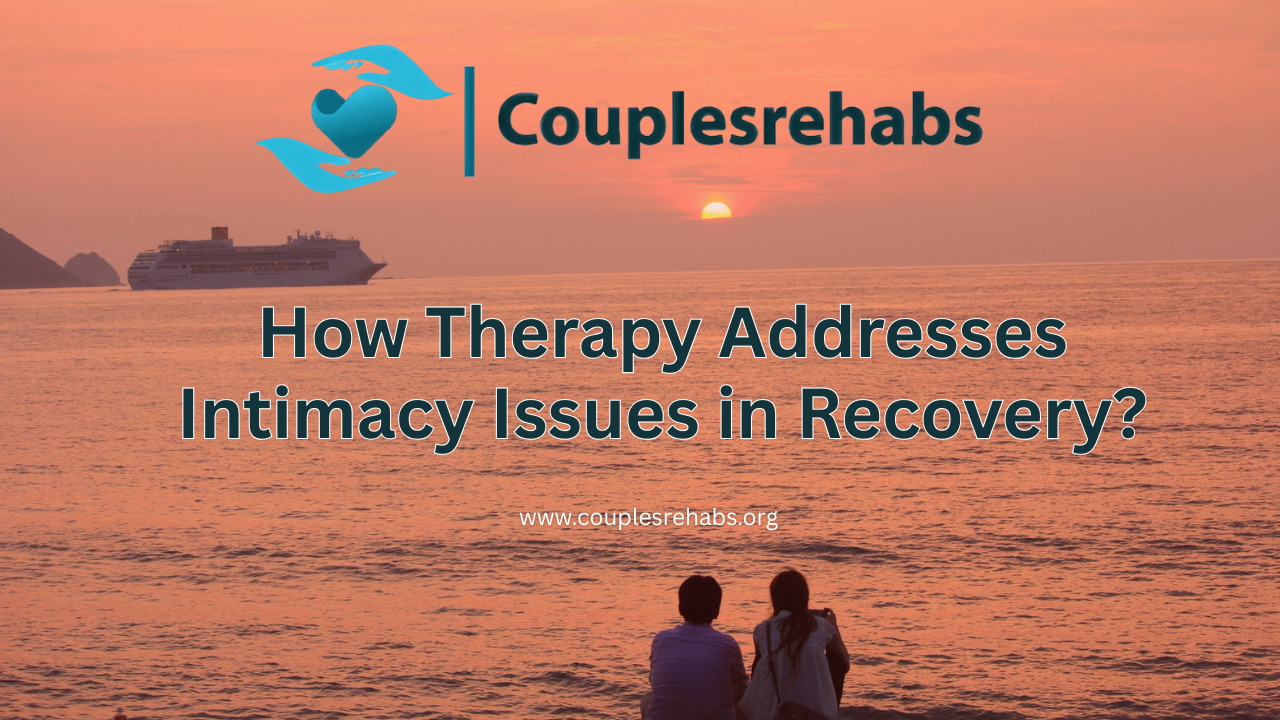

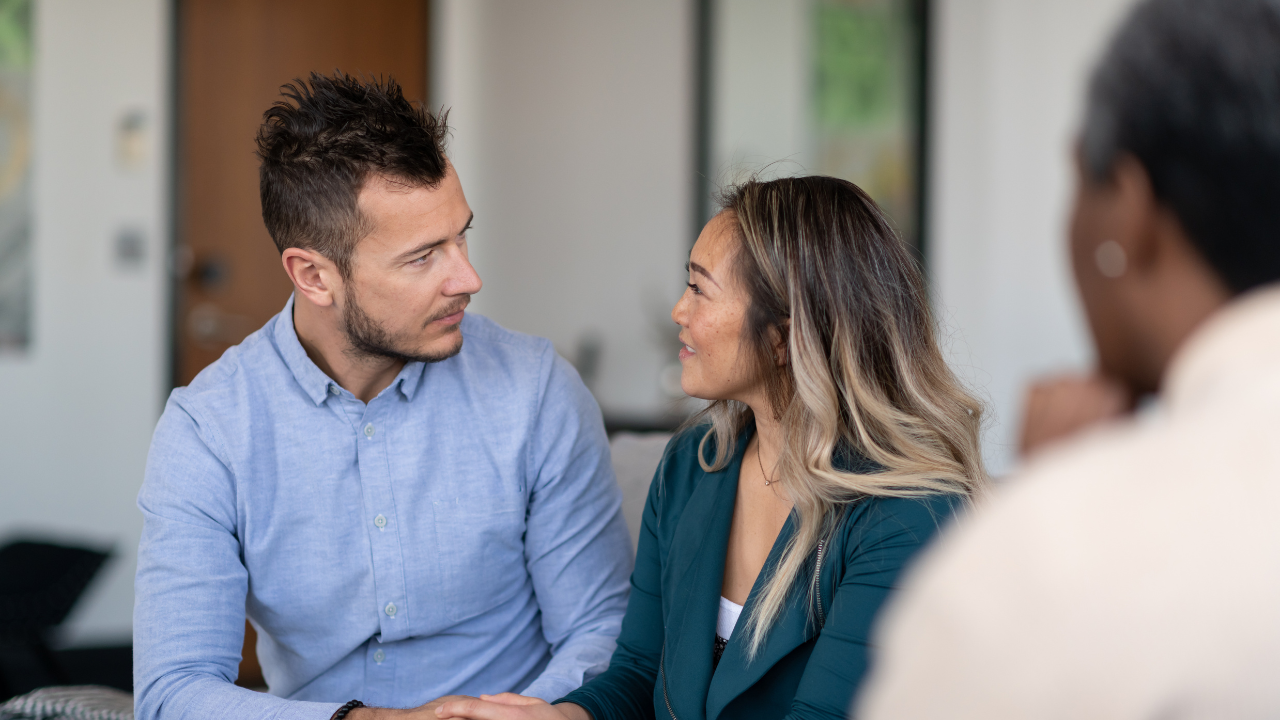
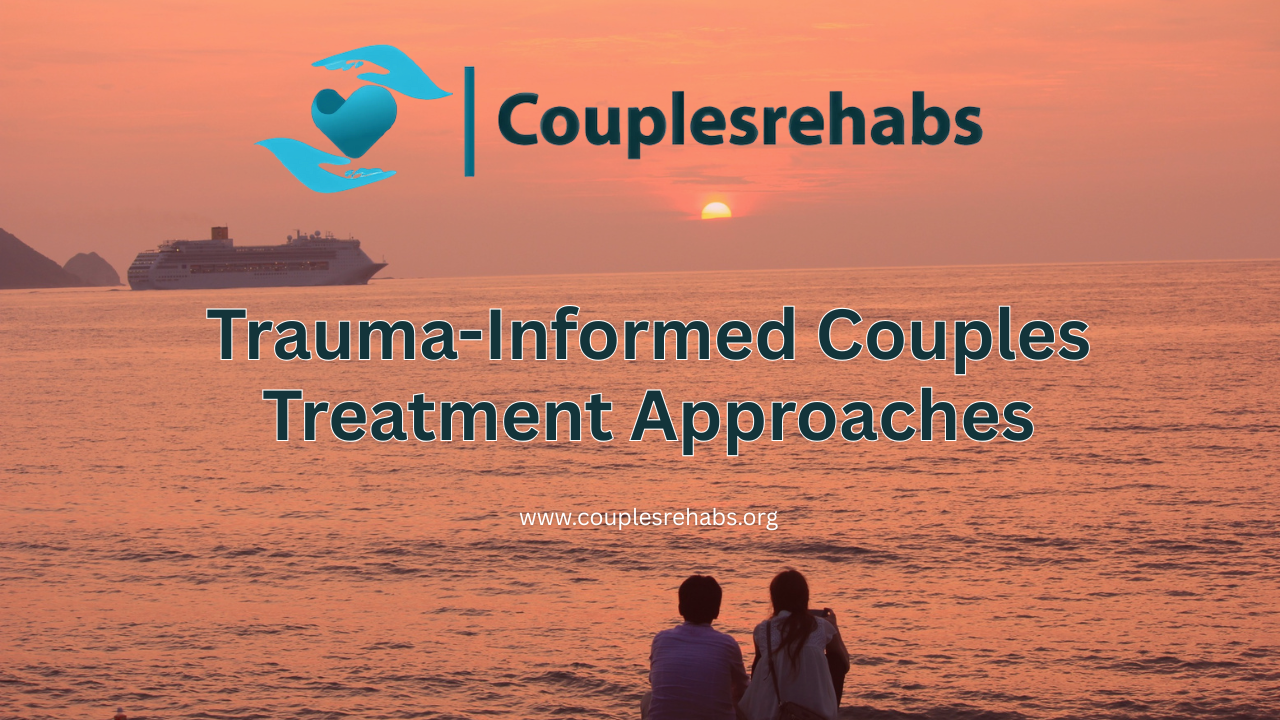

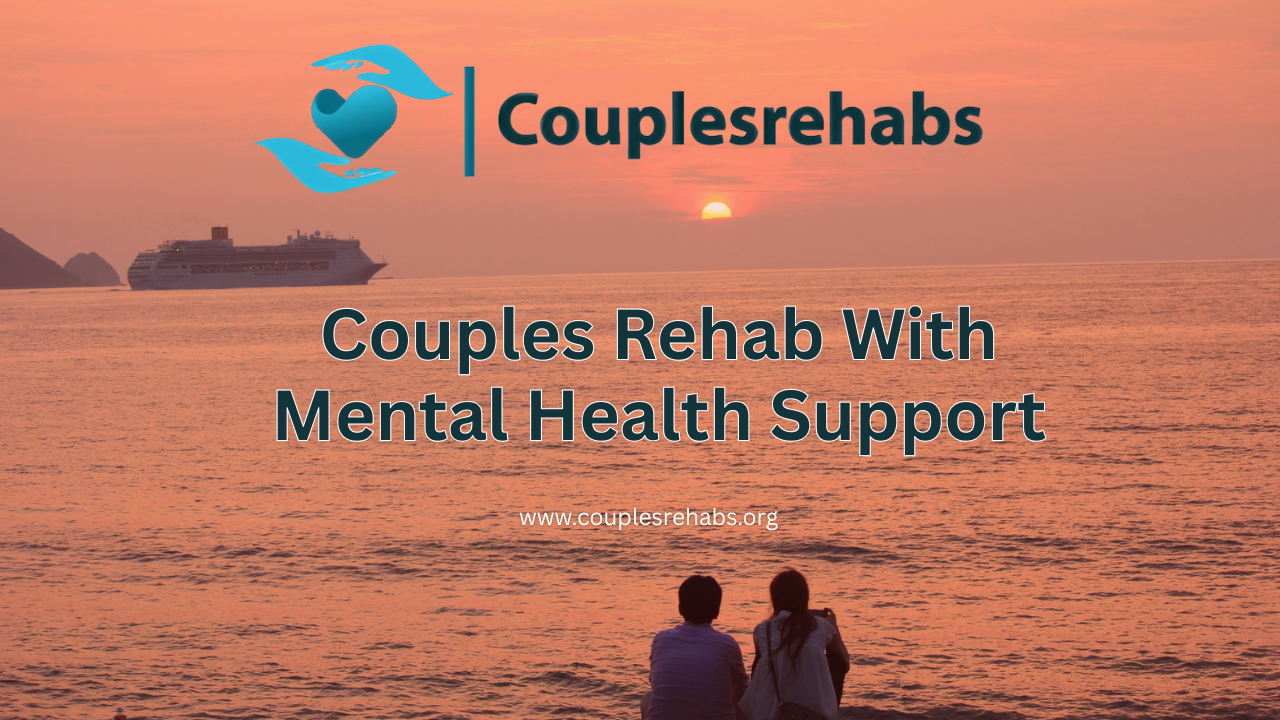

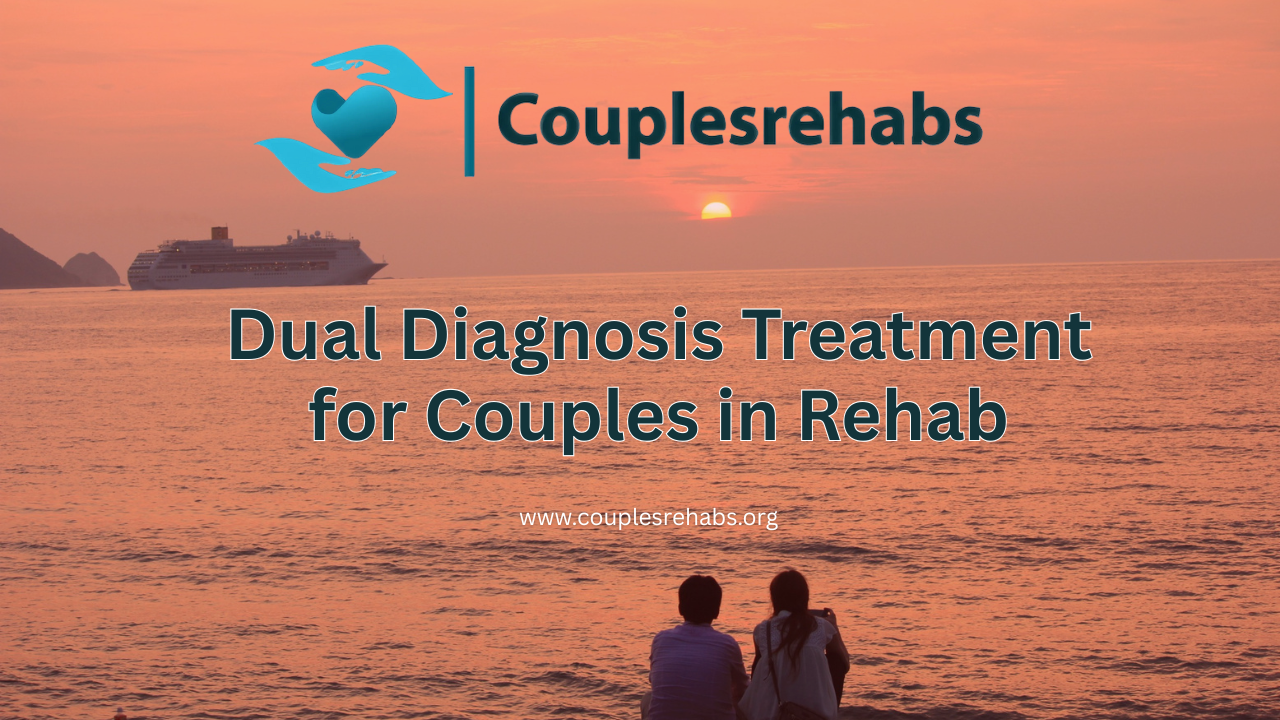
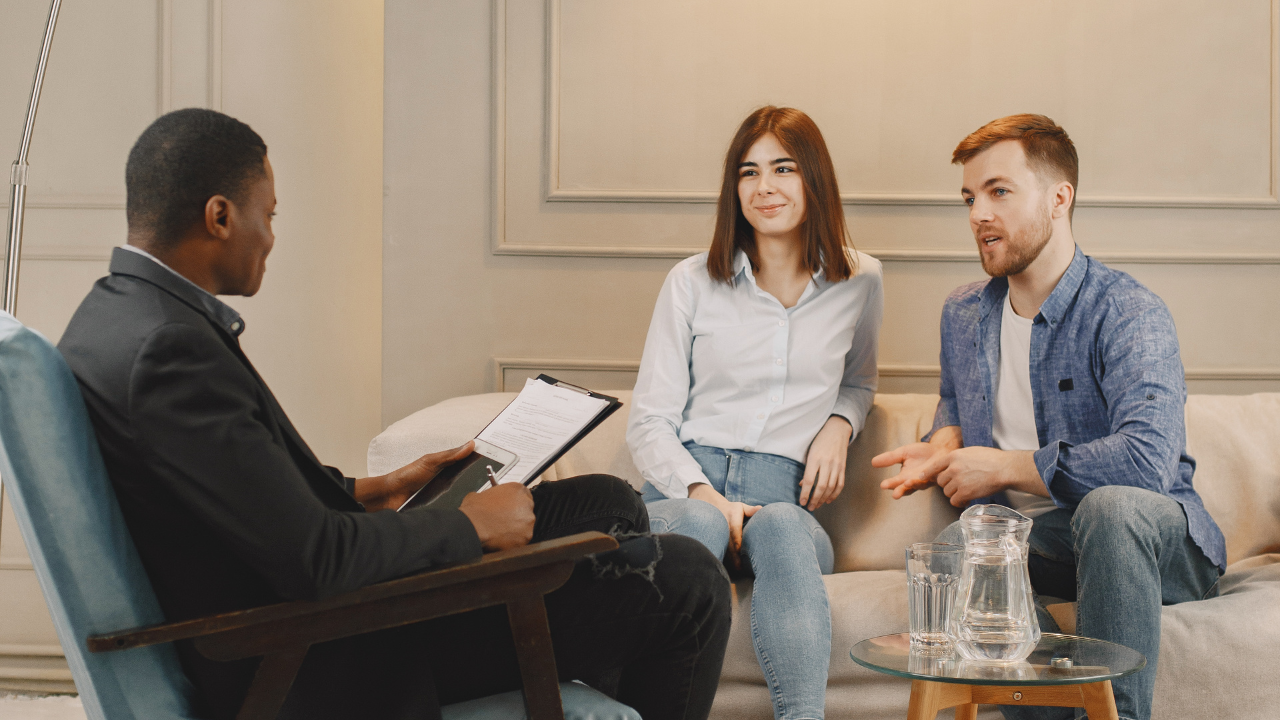
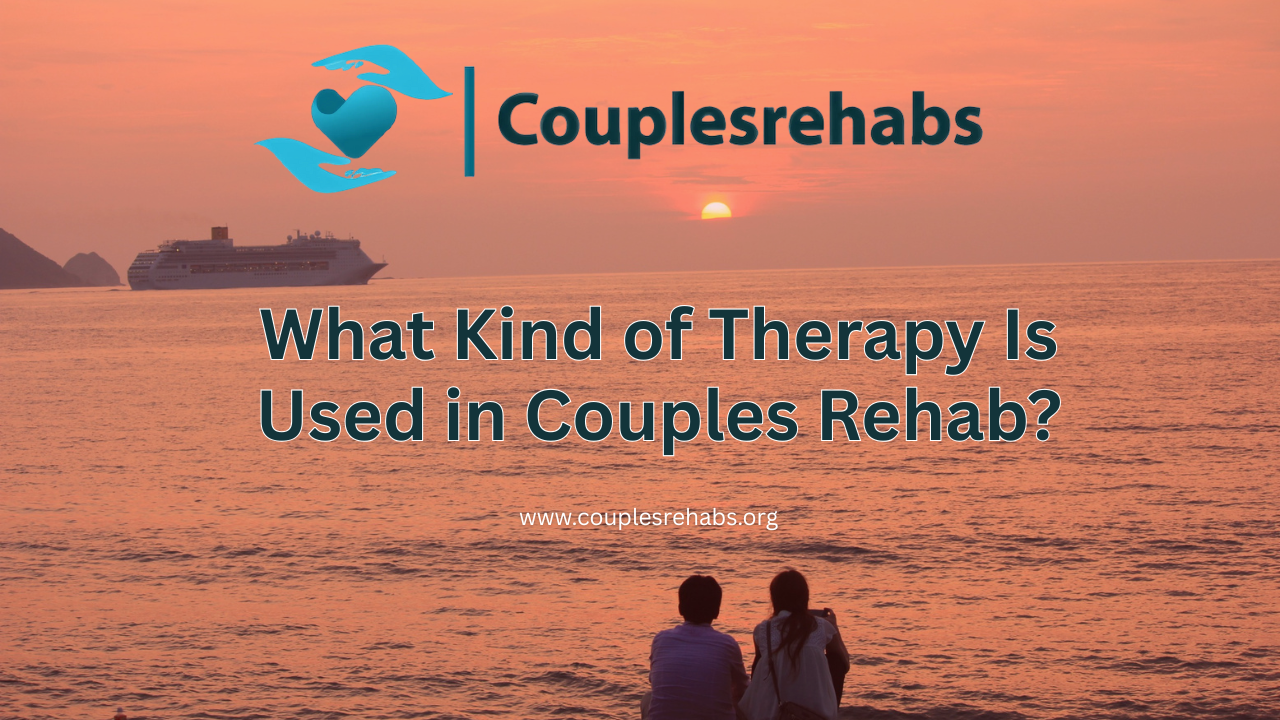

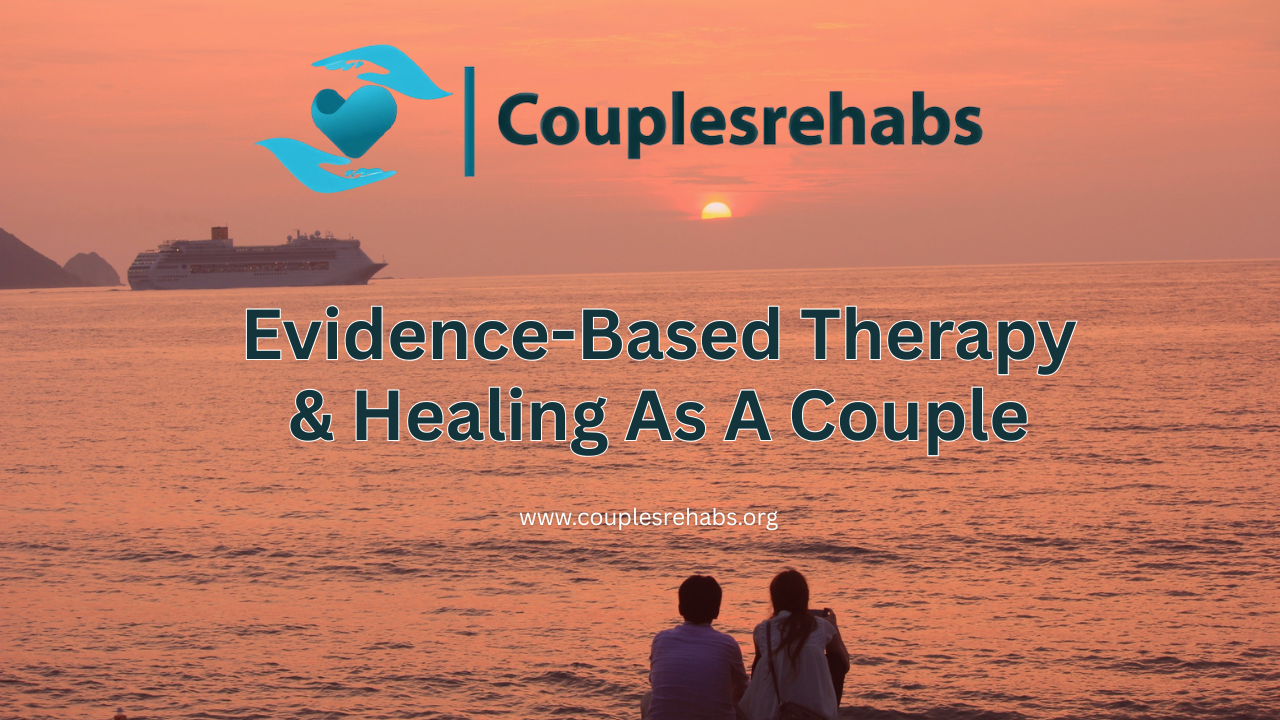
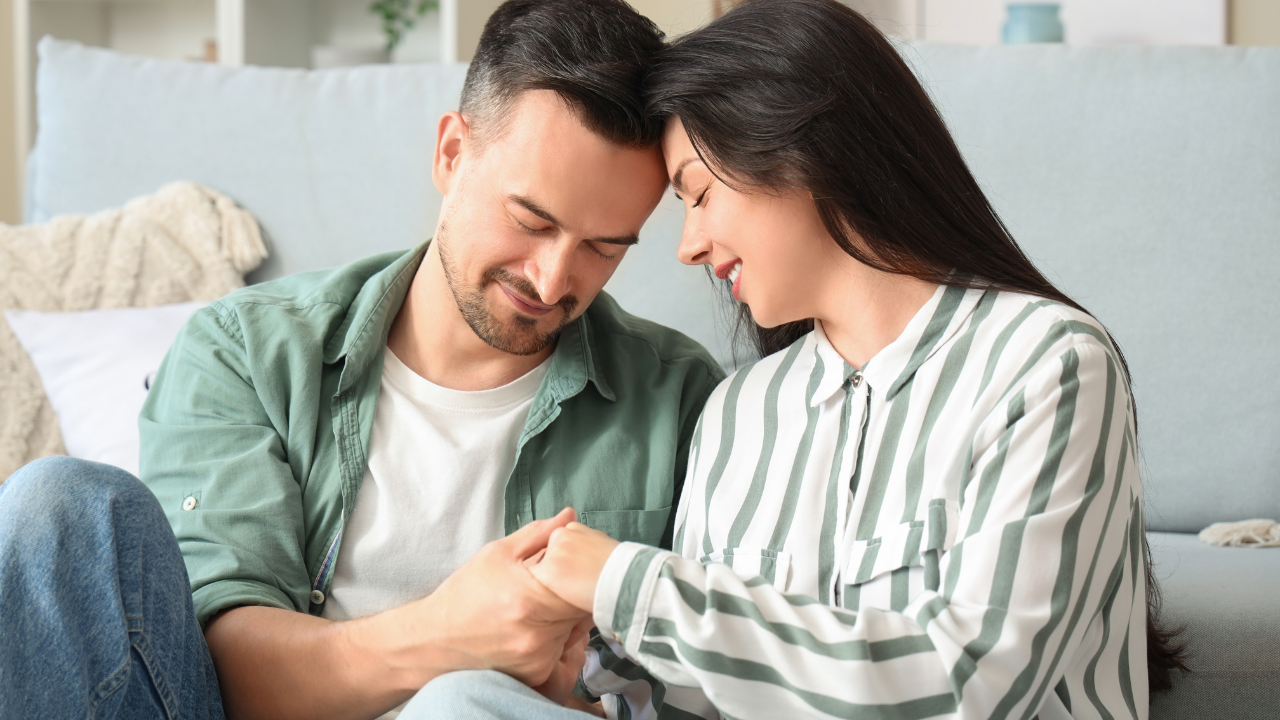
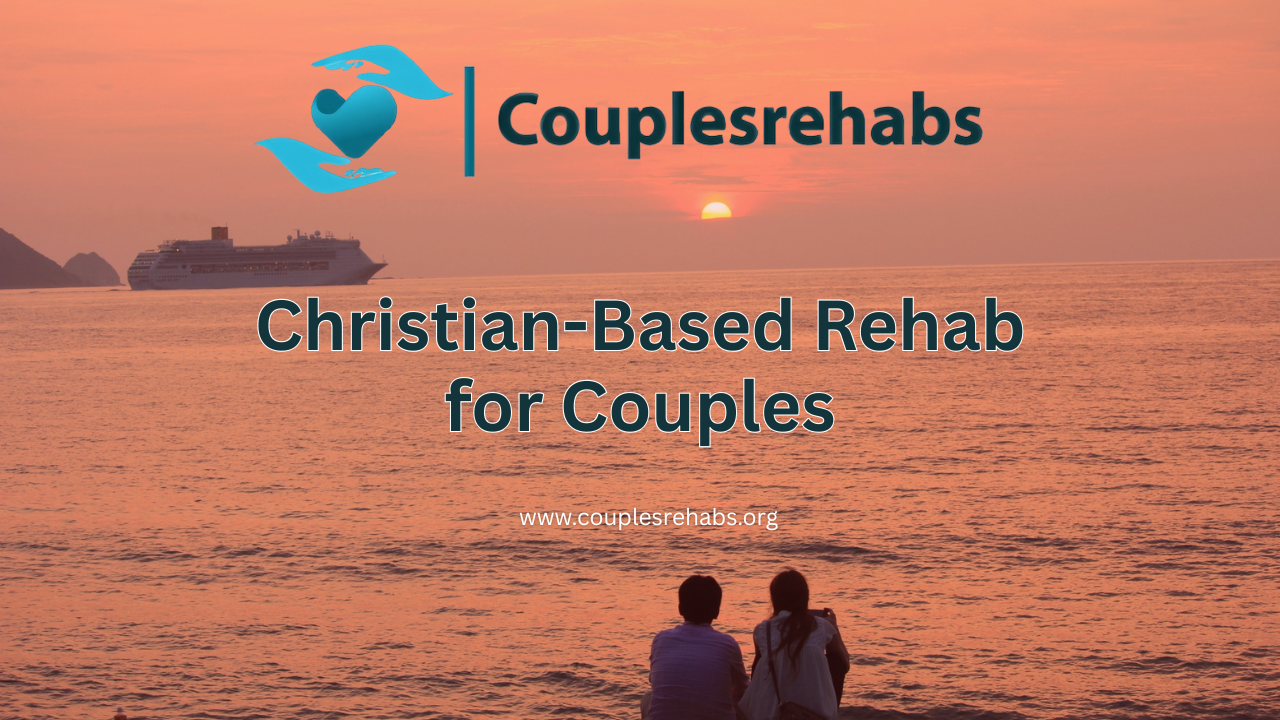

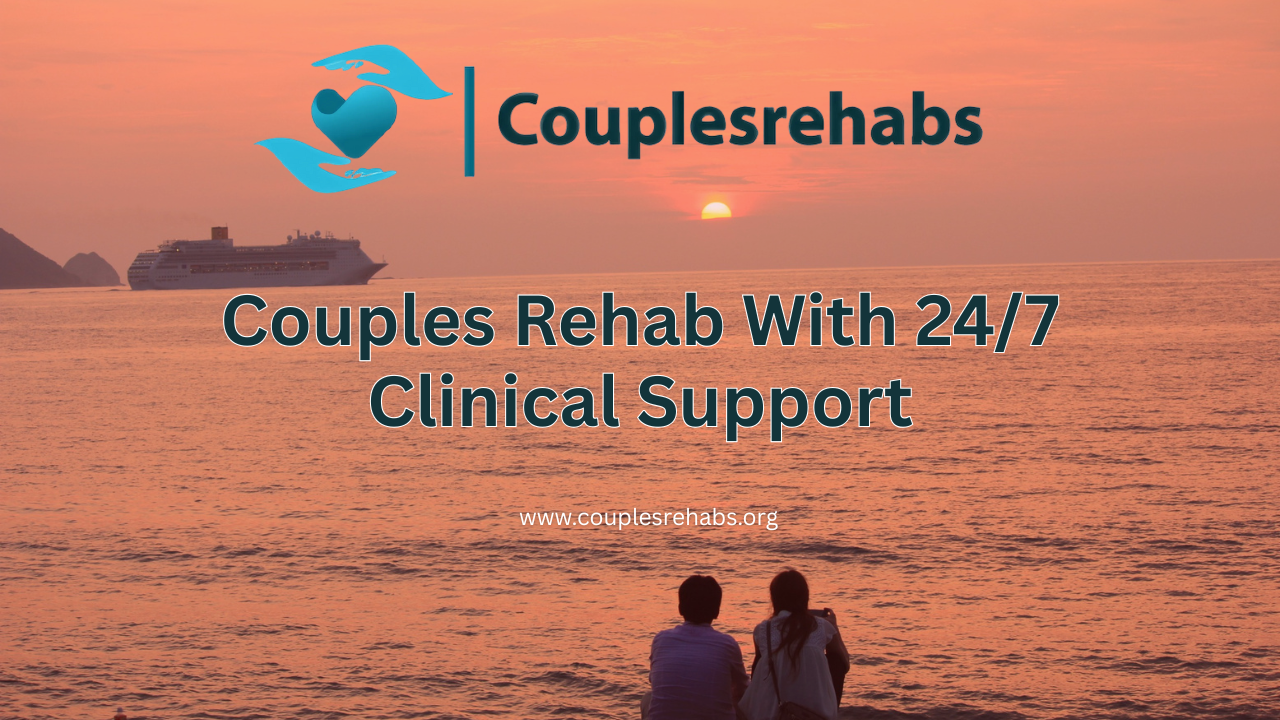
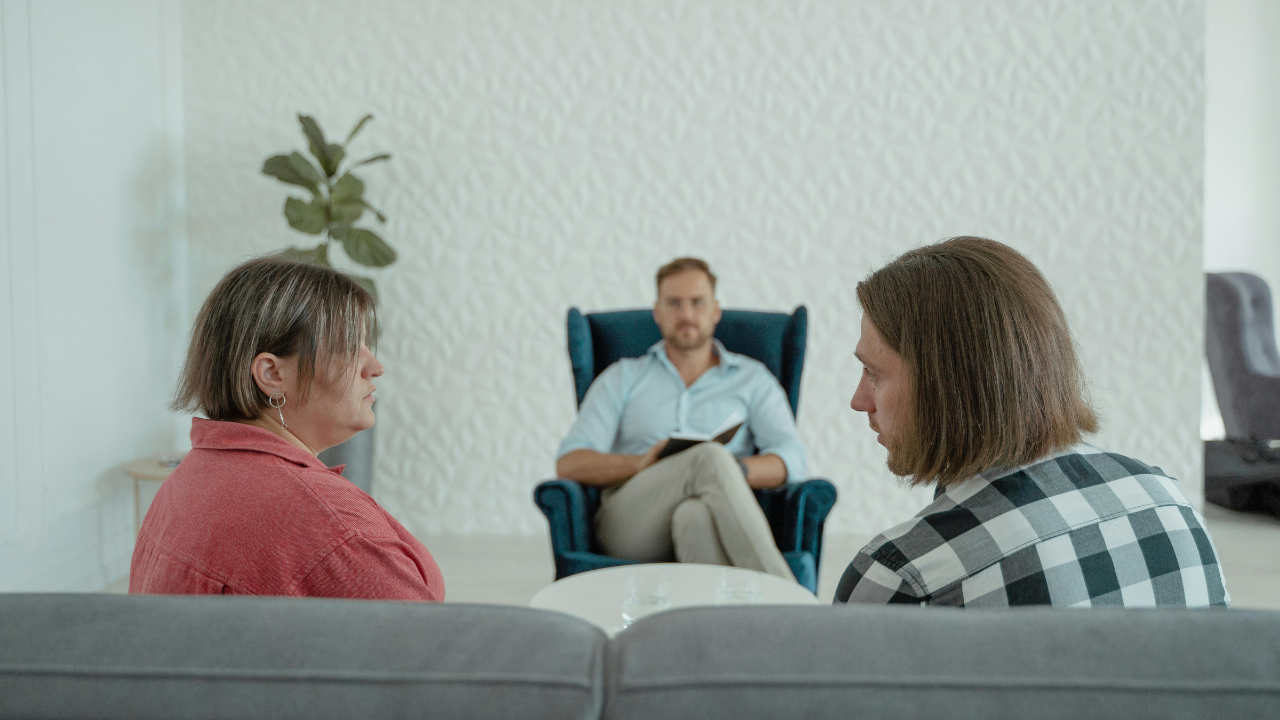
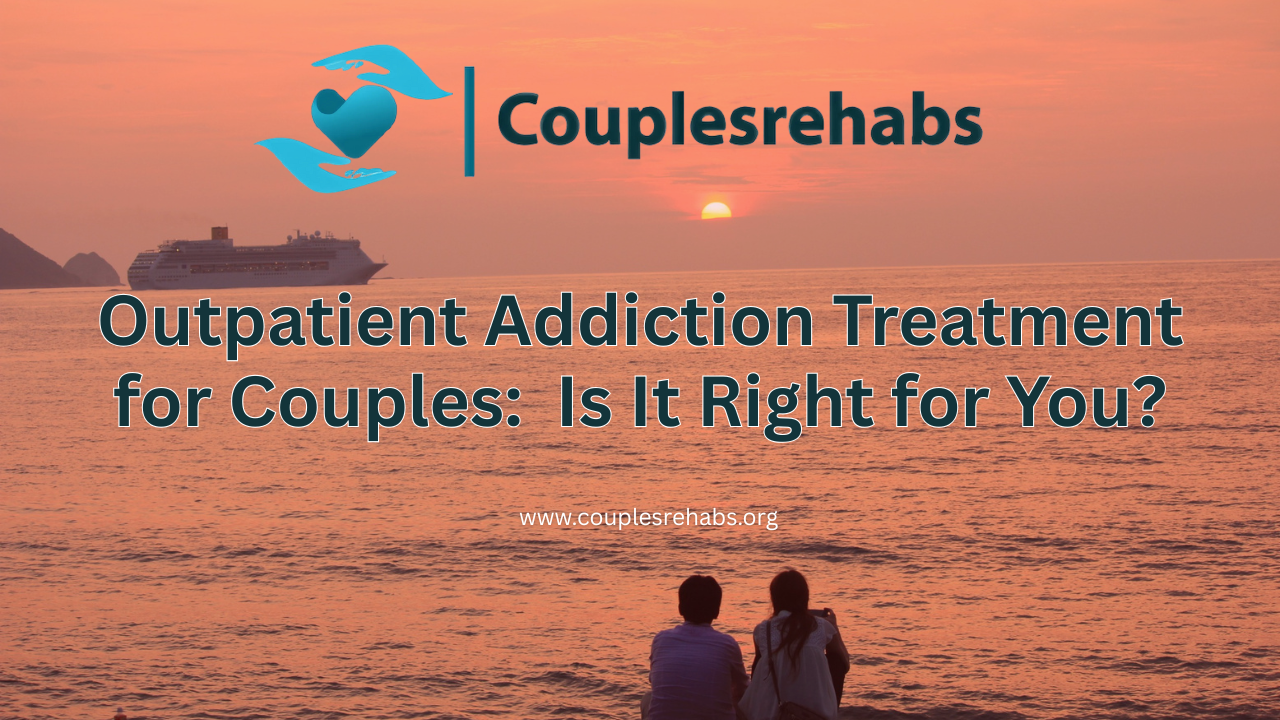
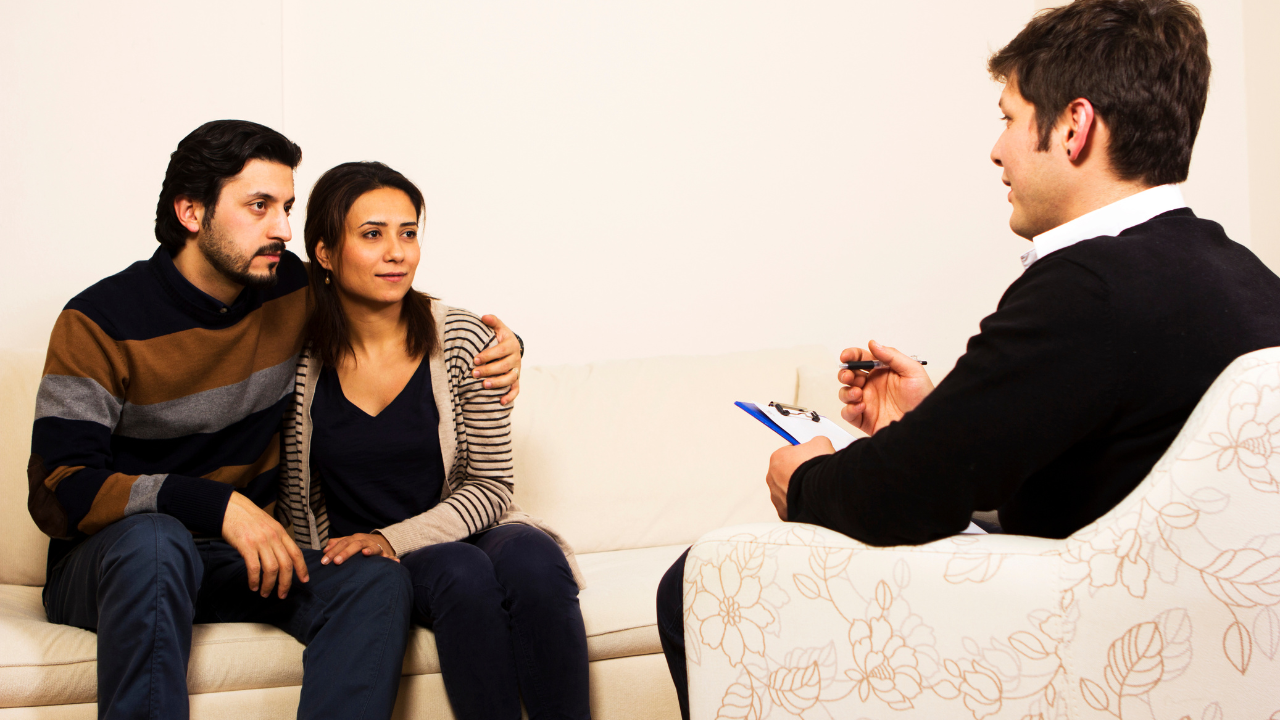
Recent Comments